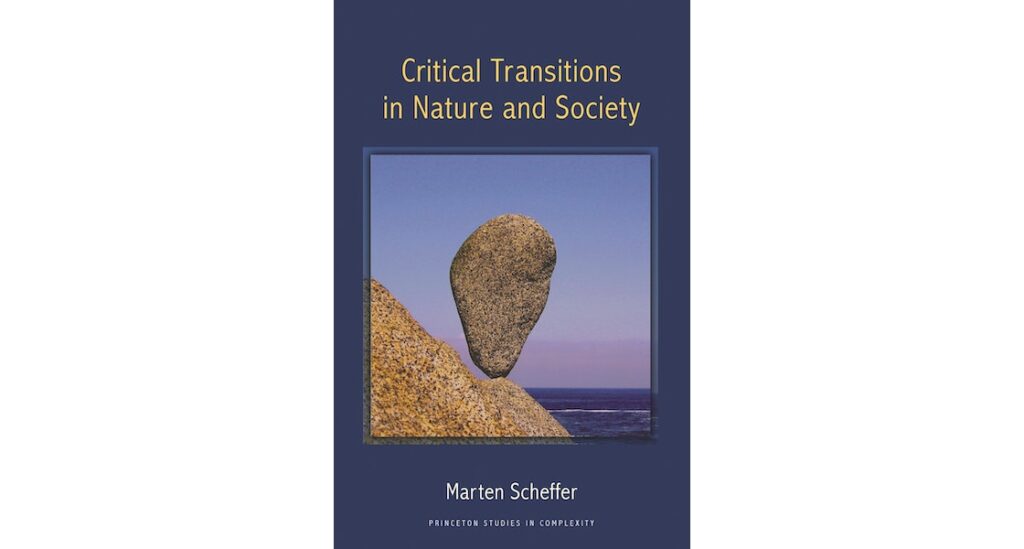Integrating Collapse Theories to Understand Socio-Ecological Systems Resilience
This longitudinal case study applies collapse theory to the Piura Basin of Peru, a region subject to extreme El Niño weather events, that has previously seen societal collapse in the ancient Moche civilization. By examining factors from the Robustness Framework such as centralized governance, system interconnectedness, and central elites, the researchers examined the interactions of […]
Integrating Collapse Theories to Understand Socio-Ecological Systems Resilience Read More »






